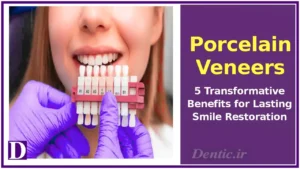
Table of Contents

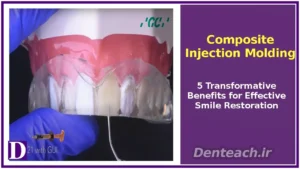
Composite Injection Molding: 5 Transformative Benefits for Effective Smile Restoration
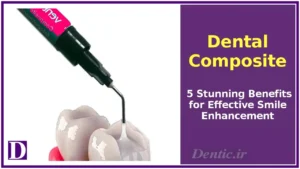
Dental Composite: 5 Stunning Benefits for Effective Smile Enhancement
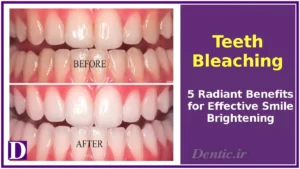
Teeth Bleaching: 5 Radiant Benefits for Effective Smile Brightening

Dental Veneer: 5 Stunning Benefits for Effective Smile Enhancement
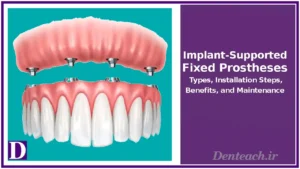
Implant-Supported Fixed Prostheses: 5 Advanced Benefits for Effective Smile Restoration
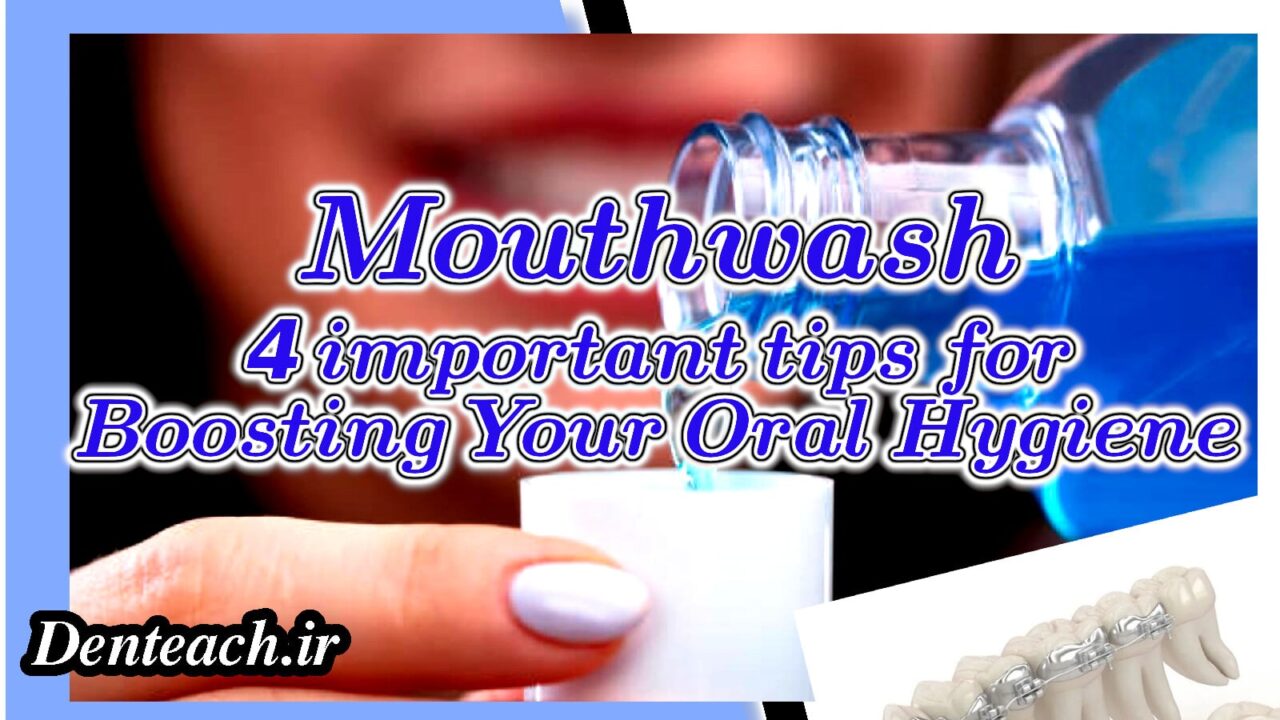
Mouth Ulcers: Managing Painful Oral Lesions for Better Health
Mouth ulcers, commonly known as canker sores or aphthous ulcers, are painful lesions on the mucous membranes of the mouth, affecting approximately 20% of the population at some point, per the American Dental Association (ADA). These small sores, appearing on the inner cheeks, lips, tongue, gums, or palate, can disrupt eating, speaking, and daily comfort. While typically benign and self-resolving within 1–2 weeks, understanding their types, causes, treatments, and when to seek care is crucial for effective management. This article explores the definition, types, causes, treatment options, prevention strategies, challenges, and future trends in managing mouth ulcers, emphasizing their impact on oral health.
Defining Mouth Ulcers
Mouth ulcers are shallow, painful sores on the oral mucosa, typically round or oval with a white or yellowish center and red border. Ranging from 1 mm to over 1 cm in diameter, they result from mucosal breakdown, exposing sensitive tissue. Though not contagious, unlike herpes-related sores, they cause significant discomfort, affecting 1 in 5 individuals annually. Most resolve without scarring, but persistent or severe cases may indicate underlying health issues, necessitating dental evaluation. Effective management reduces pain and prevents recurrence, supporting overall oral health and quality of life.
Types of Mouth Ulcers
Mouth ulcers are classified by size, appearance, and severity:
- Minor Ulcers: Most common, comprising 80% of cases, these are small (<1 cm), shallow, and heal within 7–14 days without scarring. They cause mild to moderate pain.
- Major Ulcers: Larger (>1 cm) and deeper, these affect 10% of cases, take 2–6 weeks to heal, and may leave scars. They cause significant discomfort and require longer recovery.
- Herpetiform Ulcers: Small (1–2 mm), clustered sores resembling herpes lesions but unrelated to the virus, they account for 5–10% of cases, healing in 1–2 weeks. They are more common in older adults.
Causes of Mouth Ulcers
Multiple factors trigger mouth ulcers:
- Trauma: Physical irritation from biting, abrasive foods, dental appliances, or dental procedures (e.g., fillings) damages mucosa, causing 30% of ulcers.
- Stress: Emotional or physical stress weakens immunity, increasing susceptibility in 20% of cases, per clinical studies.
- Hormonal Changes: Fluctuations during menstruation, pregnancy, or menopause trigger ulcers in 15% of women, linked to hormonal impacts on mucosal health.
- Nutritional Deficiencies: Low levels of vitamin B12, iron, or folate, affecting 10% of patients, impair mucosal repair, leading to sores.
- Systemic Conditions: Diseases like Crohn’s, celiac, or Behçet’s syndrome cause recurrent ulcers in 5% of cases, requiring medical evaluation.
- Medications or Allergies: Certain drugs (e.g., NSAIDs) or food sensitivities (e.g., gluten) may induce ulcers in 5–10% of cases.
Treatment of Mouth Ulcers
Treatments focus on pain relief, healing, and recurrence prevention:
- Topical Medications: Over-the-counter gels (e.g., benzocaine, lidocaine) or prescription corticosteroids (e.g., triamcinolone) reduce pain and inflammation in 80% of cases, applied 2–4 times daily.
- Oral Pain Relievers: NSAIDs (e.g., ibuprofen) or acetaminophen alleviate severe discomfort, effective for 70% of patients with major ulcers.
- Mouth Rinses: Antiseptic or saline rinses reduce bacterial load, promoting healing in 60% of minor ulcer cases.
- Avoiding Irritants: Steering clear of spicy, acidic, or rough foods (e.g., citrus, chips) prevents aggravation, speeding recovery in 50% of cases.
- Nutritional Supplements: Vitamin B12, iron, or folate supplements address deficiencies, reducing recurrence by 40% in deficient patients.
- Stress Management: Techniques like meditation, yoga, or counseling lower stress-induced ulcers by 30%.
Prevention Strategies
Preventive measures minimize ulcer occurrence:
- Oral Hygiene: Brush gently with a soft toothbrush and use non-irritating toothpaste to avoid mucosal trauma.
- Regular Dental Check-Ups: Biannual visits detect dental issues or appliances causing irritation, reducing ulcer risk by 25%.
- Balanced Diet: Consume foods rich in B12, iron, and folate (e.g., leafy greens, eggs) to support mucosal health.
- Stress Reduction: Practice relaxation techniques to bolster immunity and lower ulcer incidence.
- Protective Measures: Use mouthguards during sports or adjust dental appliances to prevent trauma.
When to See a Dentist
Seek dental care if:
- Ulcers Persist: Sores lasting over 2 weeks or recurring frequently (more than 3 times yearly) may indicate systemic issues, affecting 5% of patients.
- Severe Symptoms: Intense pain, fever, difficulty swallowing, or swollen lymph nodes suggest complications like infection, seen in 2–3% of cases.
- Suspected Infection: Increased swelling, redness, or pus indicates bacterial infection, requiring antibiotics or drainage in 1–2% of cases.
Challenges and Considerations
Challenges include:
- Discomfort: Ulcers disrupt eating and speaking, impacting 70% of patients’ daily activities.
- Recurrence: 20% of individuals experience frequent ulcers, requiring ongoing management.
- Cost: Treatments range from $10 for over-the-counter gels to $100–$300 for dental consultations, with limited insurance coverage for non-systemic cases.
- Underlying Conditions: Persistent ulcers may signal serious diseases, necessitating medical workups in 5% of cases.
- Patient Compliance: Adhering to dietary or stress management plans is challenging for 15% of patients.
Future Trends
Mouth ulcer management is advancing:
- Bioactive Treatments: Antimicrobial gels or regenerative therapies (e.g., hyaluronic acid) accelerate healing by 20%.
- Personalized Medicine: Genetic testing identifies predisposition to recurrent ulcers, guiding targeted therapies.
- Tele-Dentistry: Virtual consultations triage ulcer cases, improving access by 30%.
- Natural Remedies: Herbal agents (e.g., aloe vera, chamomile) show promise in reducing inflammation, pending further research.
Conclusion
Mouth ulcers, though common, can significantly impact daily life due to pain and discomfort. By understanding their types, causes, and treatments, individuals can manage symptoms and prevent recurrence through proper care and lifestyle changes. Persistent or severe ulcers warrant dental evaluation to rule out underlying conditions. With advancements like bioactive treatments and tele-dentistry, ulcer management is becoming more effective. For guidance, consult a dentist or visit American Dental Association to ensure optimal oral health.
